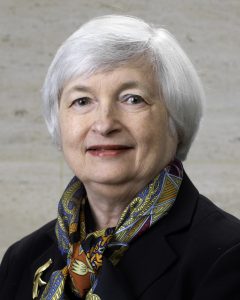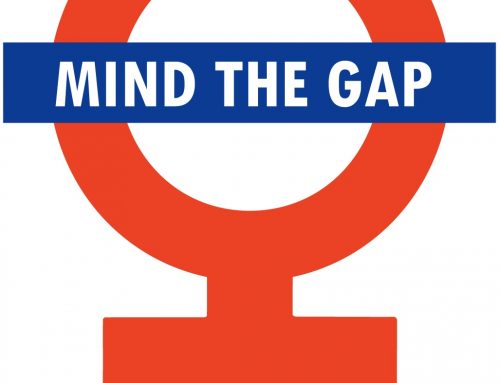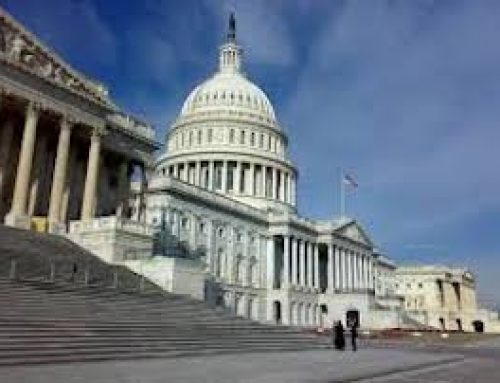 Janet Yellen, who will step down as head of the Federal Reserve in 2018, has two firsts to her name: the first woman to lead the Fed, and the first Fed chair in 40 years not to be asked to stay on for a second term.
Janet Yellen, who will step down as head of the Federal Reserve in 2018, has two firsts to her name: the first woman to lead the Fed, and the first Fed chair in 40 years not to be asked to stay on for a second term.
Some saw Trump’s nomination of Jay Powell, whose views align closely with Yellen’s, as a repudiation of a woman in the role of Fed Chair. Others saw it as a purely political decision to stack government institutions with Trump-selected picks. Whatever the motivation behind the decision not to have Yellen continue as Fed chair, there are still implications for the conversation around gender equality. For example, all nominees for the role of Fed Chair were men. Were no qualified women available? Was Trump even considering female nominees?
Some have noted that it was unusual not to ask her back for another term. Dean Baker, founder of the Center for Economic Policy and Research, says that unless a Fed chair’s performance was a “disaster,” they are generally asked to serve again. He praised Yellen’s performance and said that her focus on diversity issues had a positive impact. There has been speculation that Powell’s approach will be similar to Yellen’s, so why switch?
The White House summarily rejected the idea gender had anything to do with it. The White House Press Secretary said: “the mere suggestion is an affront to Yellen.” Still others said Trump wanted his own pick in there who would continue Yellen’s work.
Nevertheless, her departure should put a spotlight on the dearth of women in economics. Yellen herself recently pointed out that only about 1/3 of economic PhD candidates are women, a number that has not moved in decades. Representation of women in prominent positions does matter. As economics PhD candidate Heather Sarsons says: “Having more women in economics signifies that women have a place and can succeed in this field, and that the field is a good environment for women to work in.”





